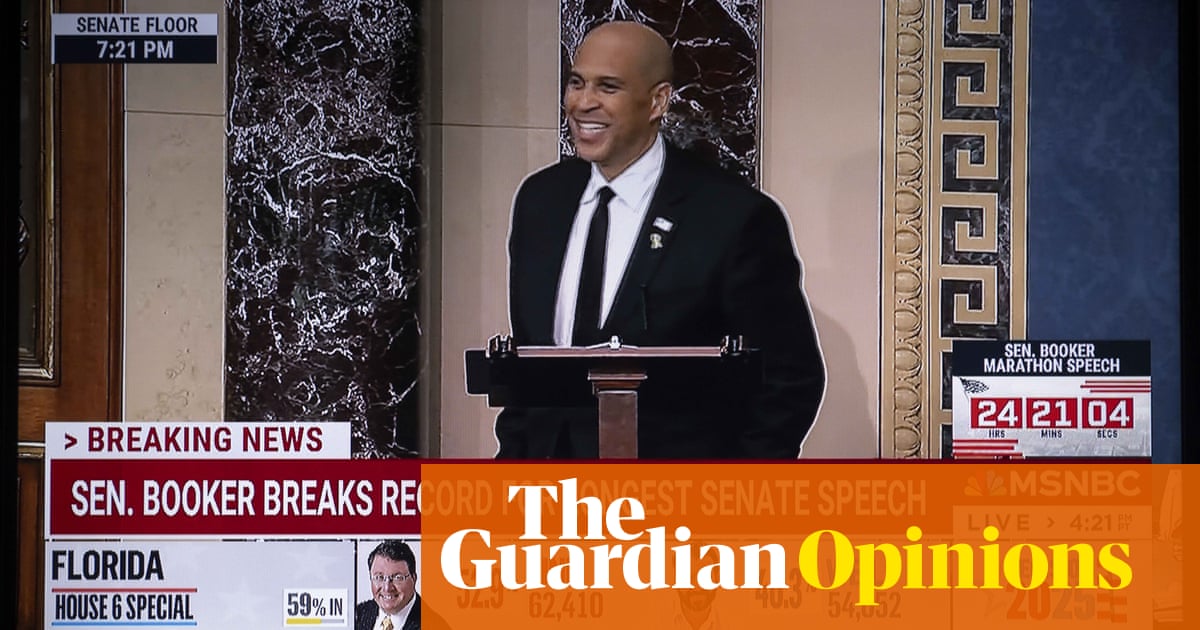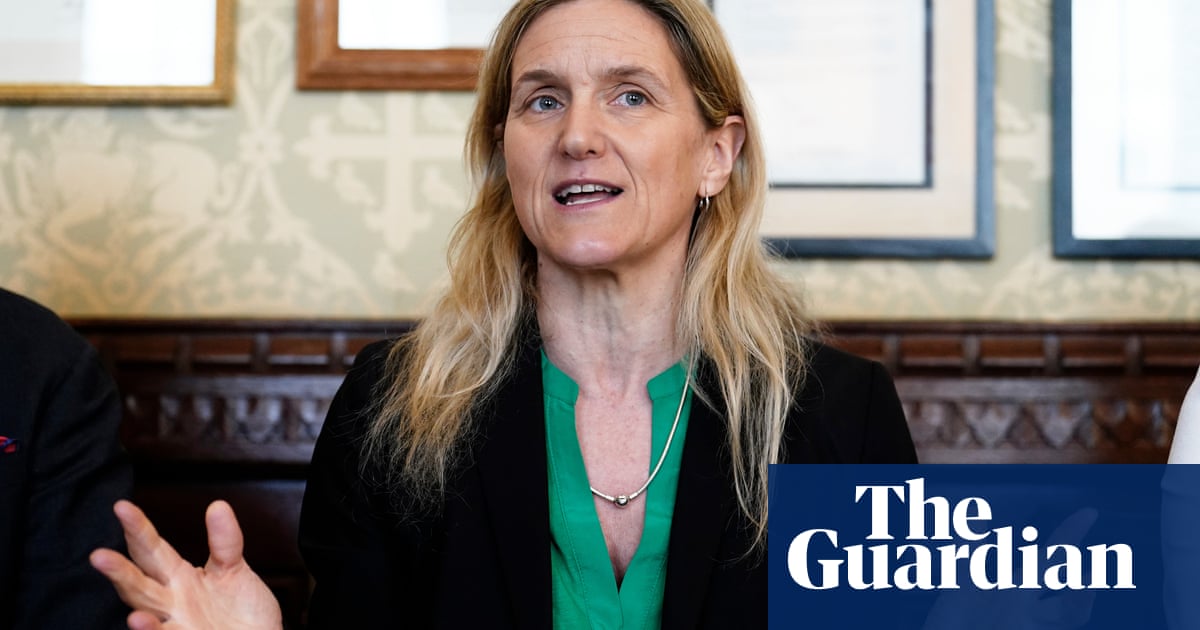Housebuilders in the UK are failing to supply much-needed new homes not because of restrictive planning laws, but because they are “very bad” at building houses, the head of one of the UK’s biggest nature charities has warned.
“There’s planning permission today for a million new houses,” said Craig Bennett, chief executive of the Wildlife Trusts. “So why aren’t they being built? Why is it that volume housebuilders in this country are actually very bad at building houses, even when they’ve got planning permission?”
Ministers have boasted of their swingeing reforms to the planning system – in a bill that passed its second reading last week – claiming they will clear the way for the 1.5m new homes promised in the Labour manifesto.
But Bennett believes this hope will be in vain because the government is missing the point. “[The reason so few homes are built] is because they [the large housebuilders] love to hold land and wait for the prices to up. A lot of the way that a lot of housebuilders in this country make money is through speculation around land prices, as much as it is about building houses.”

Housebuilders rejected Bennett’s analysis. Steve Turner, an executive director of the Home Builders Federation, said: “Housebuilders deliver a range of high-quality environmentally friendly house types to meet all budgets, and customer satisfaction levels are at an all time high. The myth of land banking has been demolished time and again by independent experts. Housebuilders’ only return on investment is selling homes, and having purchased land and navigated the costly and bureaucratic planning process there is absolutely no reason not to build and sell.”
Bennett will mark five years in April as head of the Wildlife Trusts, a confederation of 46 independent organisations which together boast 2,600 nature reserves (“about 1,000 more than McDonald’s has restaurants”) and 944,000 members. Before that, he headed Friends of the Earth.
The Wildlife Trusts, as a charity, are careful to avoid being party political, but within Charity Commission guidelines there is still scope for civil society groups to take issue with the politicians of the day.
And planning regulation – and the supposed conflict between development and environmental protection – has become a political flashpoint. Green groups have accused the Labour government of “scapegoating” nature and fomenting culture wars, after Rachel Reeves, chancellor of the exchequer, called for businesses to “focus on getting things built, and stop worrying about the bats and the newts”. The prime minister, Keir Starmer, has also weighed in, ridiculing the presence of “the distinguished jumping spider” for allegedly halting new homes in Kent.

The government’s combative rhetoric has been informed, Bennett believes, not by careful consideration of the UK’s infrastructural deficits, but by a mixture of a “misinformation bubble”, in which top ministers have absorbed some prejudices of the previous Conservative government, and a belief that they need to set up an enemy to fix on.
Reeves was sounding “more Liz Truss than Liz Truss” on the growth issue, he added, referring to the former Tory prime minister who espoused anti-green rhetoric more often heard from US rightwing politicians. He blames Morgan McSweeney, the prime minister’s chief adviser, for a fixation on the Reform party, which threatens Labour in seats across the “red wall”.
Reform’s leaders, Nigel Farage and Richard Tice, have been vitriolic in their condemnation of environmentalists, green concerns over nature and “stupid net zero”, as described by Tice. But Bennett pointed to a survey of 4,000 people’s attitudes towards green issues, which found that Labour voters who were thinking of switching to Reform were overwhelmingly positive towards the Wildlife Trusts. “There’s a lot of the kind of Reform voters who care passionately about this. People who live in the Westminster bubble assume that what the party leadership are doing is what the voters are doing. It’s quite different.”

He has extended invitations to Farage, Tice and the Reform party to meet and discuss these issues. So far, they have not been taken up.
Bennett argues that new housing could sit alongside nature, if housebuilders were given greater direction by the government and built affordable homes instead of the larger and more expensive “executive” homes that deliver higher profits. But he said the poor construction of many new houses, and the failure of developers to build in harmony with nature and incorporate green space, were among the reasons people rejected them.
Bennett added that charities such as the Wildlife Trusts created economic growth while improving society. “We’re now employing 3,700 people across the UK in those communities,” he said. “I get a bit fed up at times when politicians talk about charities as if we’re just like small little things. We are actually really significant employers.” Bennett added that in many areas, wildlife charities “underpin the local economy”, providing tourism opportunities, flood management and employment.
Labour disparaged nature at its peril, Bennett said, arguing that all voters cared about nature on their doorstep. He said: “I see people from every demographic, political [party] or age. The one thing that unites us is how much we care about our local environment, and care about local nature, and want to see it in a better state.”

 1 day ago
7
1 day ago
7













































